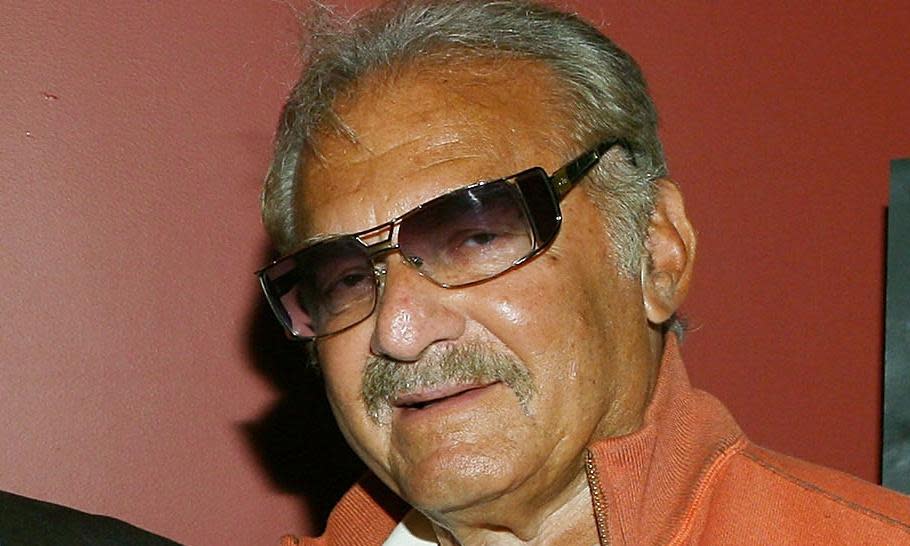Richard Rush, Oscar-nominated director of The Stunt Man, dies aged 91
Richard Rush, the Oscar-nominated director of Freebie and the Bean and The Stunt Man, has died aged 91, reportedly of natural causes.
His wife Claudia confirmed the news, saying: “To those who were privileged to know and love him, he will be even more warmly remembered, and missed, for his integrity, his loyalty, his endless generosity of spirit and his boundless support and mentorship of other film-makers, writers or indeed anyone who ever dared to, in the words of his Stunt Man hero Eli Cross, ‘tilt at a windmill’.”
Rush’s best known and most widely seen films were made in the 70s. The action comedy Freebie and the Bean, which starred James Caan and Alan Arkin as a pair of maverick San Francisco cops who have to keep a witness alive over a weekend in the face of mafia plans to kill him, was notable for its copious car chases (particularly one stunt in which a car smashes through a bedroom wall). The Stunt Man, released in 1980, starred Steve Railsback as a wanted fugitive who evades the police by pretending to be a stunt man on a film shoot, with the connivance of the film’s director (Peter O’Toole). Rush was nominated for best director and best adapted screenplay for The Stunt Man, with O’Toole nominated for best actor.
Born in 1929, Rush cut his professional teeth making TV spots for the US military during the Korean war, before making a string of features in the then underground independent production sector, which took on subjects aimed at the counterculture: racetrack drivers in Thunder Alley (1967), outlaw bikers in Hells Angels on Wheels (1967) and The Savage Seven (1968), and the Haight-Ashbury hippie scene in Psych-Out (1968). Three of them – Hells Angels on Wheels, Psych-Out, and Rush’s super-cheap debut teen-pregnancy drama Too Soon to Love (1960) – featured a young Jack Nicholson.
Rush graduated to studio film-making with Getting Straight (1970), an early entry in the Hollywood new wave that examined the political unrest on college campuses of the time, with Elliott Gould and Candice Bergen as students who confront the institutional hierarchy. It was a commercial success, but Rush would only release one more film – Freebie and the Bean – in the 70s as he struggled to get The Stunt Man off the ground. After that film’s release, he then tried to get Vietnam war comedy Air America into production with Sean Connery in the lead role, but eventually left the project and was replaced by director Roger Spottiswoode.
Rush’s final feature film credit was the much-mocked 1994 erotic thriller Colour of Night, which starred Bruce Willis as a colour-blind psychiatrist and Jane March as a mysterious woman with whom he has an affair. Colour of Night was given a Golden Raspberry award as the worst film of the year, but has since acquired a cult status.

 Yahoo Finance
Yahoo Finance 

